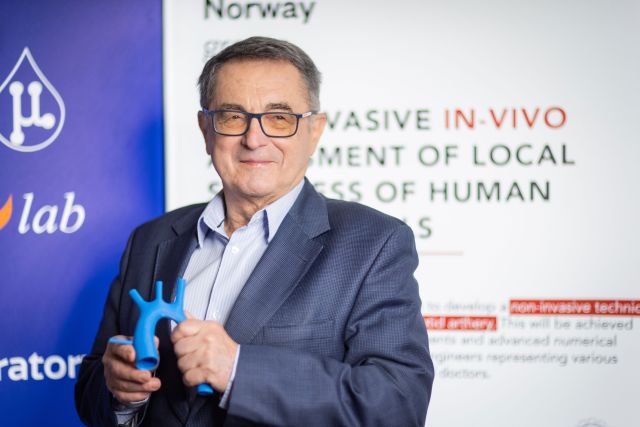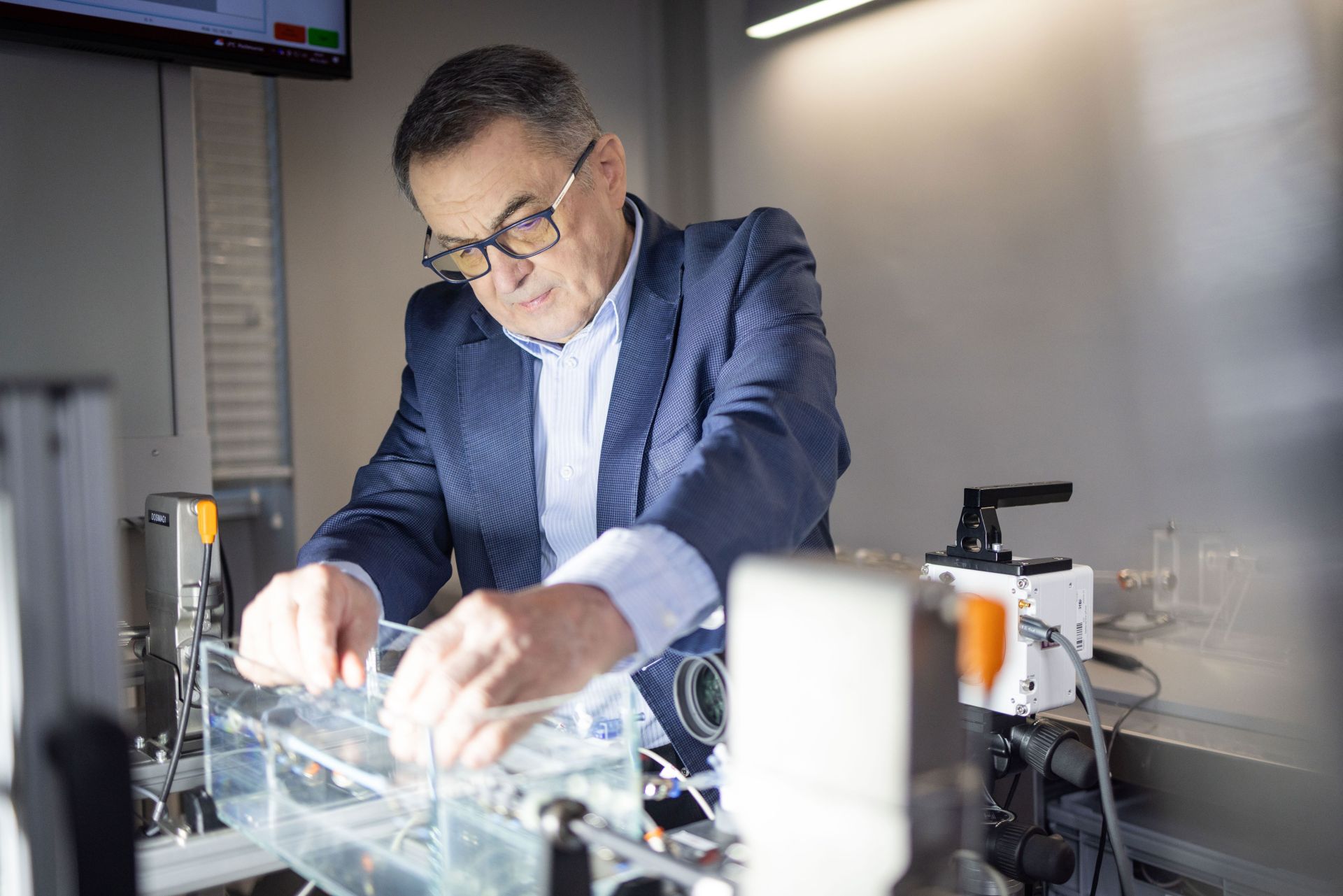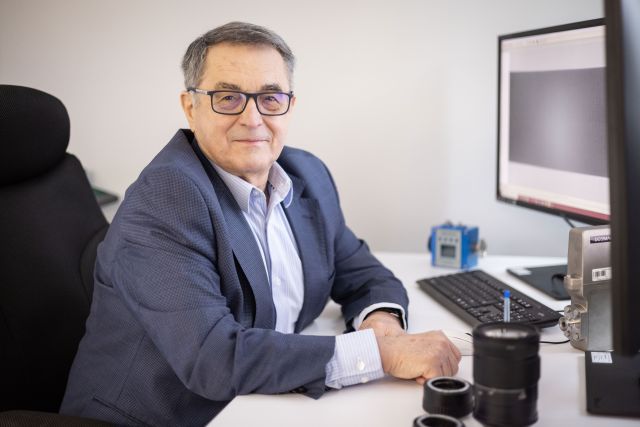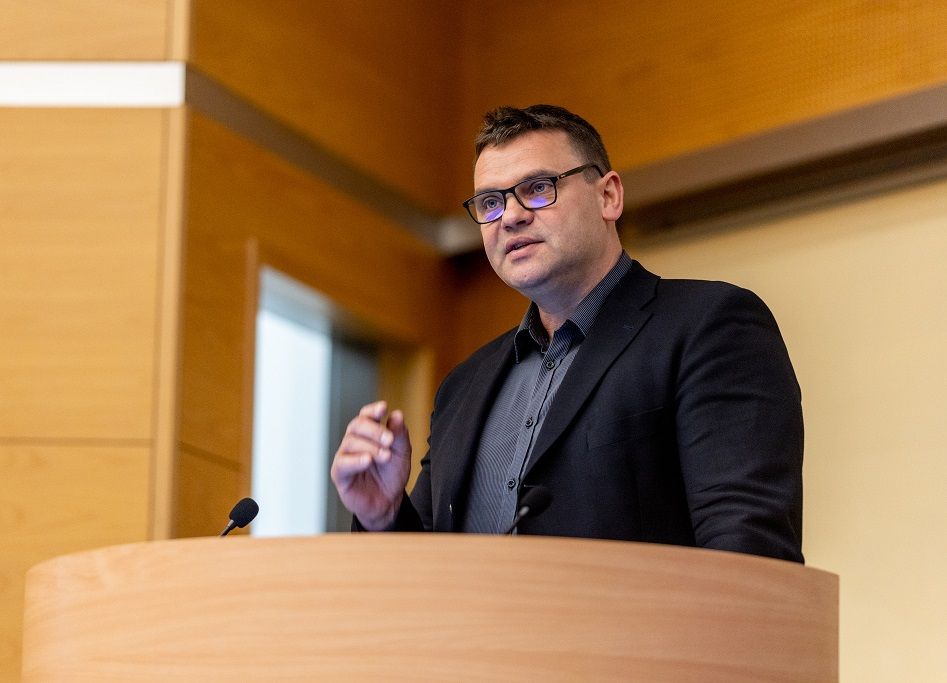The Swiss National Science Foundation has launched the MAPS (Multilateral Academic Projects) call for projects carried out by scientists based in Switzerland in collaboration with research teams from Poland, Bulgaria, Croatia, Hungary, and Romania. Proposals may be submitted by the end of June. Under the call, Polish research teams will receive funding from the Swiss-Polish Cooperation Programme as part of the second Swiss contribution to selected EU member states.
Under the recently opened MAPS call, researchers may request funding of their basic research projects in all academic disciplines. Apart from a Swiss team (project leader), the international consortium comprising Polish researchers must include at least one partner from another participating country. A partner search tool is available.
The MAPS call is addressed to experienced researchers who, on the closing date for proposal submission, have been PhD holders for at least four years. Additionally, the Principal Investigator of the Polish component of the joint research project must be qualified to lead research teams. They will be evaluated by the Swiss agency (SNSF) based on the qualifications described in the proposal, such as experience in leading research projects or research teams, acting as the supervisor or the assistant supervisor in the process for an award of the doctoral degree, publishing record, etc.
Polish institutions eligible to host international research projects under MAPS are listed in an Annex to the call documentation. The Principal Investigator must be employed by the host institution from the project start date to its end date pursuant to an employment contract. Such host institution must ensure that the research team will have access to the respected research facilities. The Swiss project leader must submit a declaration in the mySNF electronic submission system for the purposes of MAPS proposals, operated by the SNSF, signed by the authorised representative of the Polish host institution, confirming required involvement and support of such institution for the project, should it be recommended for funding.
The projects may have a duration of between 36 and 48 months and may involve researchers and auxiliary staff. Personnel cost eligibility criteria are laid down in an Annex to the call documentation. The project budget may also include funds for services, business trips, reciprocal visits and short research stays with consortium partners, purchase of research equipment, devices and software, as well as materials and small equipment. Other costs necessary to the research project implementation must be in line with the call announcement and eligible costs in SNSF projects.
The maximum amount of funding for each team in each country is 350,000 francs. The cost of the Polish part of the project will be financed entirely by the SNSF. The call is not financed by the NCN or any other Polish institution.
The Swiss project leader submits a proposal under the MAPS call by Monday, 1 July, via the mySNF electronic submission system operated by the SNSF. Polish applicants are not required to submit a separate proposal to the OSF submission system. The head of the Swiss research team must enter information on the merits and finances of the Polish part of the project to the mySNF submission system in agreement with the Polish partners.
Evaluation procedure and project results
Projects will be subject to a multi-stage merit-based evaluation. First, they will be reviewed by external reviewers and then evaluated by the Expert Team. Next, a ranking list of proposals will be compiled by the Funders Forum, based on the available funding in a budget of each participating country. Finally, an official decision will be taken by the Steering Committee of the MAPS Programme.
The call results will be published once the evaluation procedure is over, by the end of April 2025. Projects may start in May 2025 and must end by 30 June 2029. Polish applicants will enter into agreements with the Swiss institution identified in the joint proposal submitted to the SNSF, the Swiss PI and other consortium partners. The Swiss PI will be in charge of disbursing funds to the Polish applicants from the Swiss Host Institution’s account.
Contact Details
Barbara Świątkowska
Should you have any questions on the submission of proposals in the mySNF submission system or SNSF project funding terms, please contact the Swiss project leader or SNSF International Cooperation Department.
Webinar
On 11 April, at 2 pm, a webinar organised by the SNSF in cooperation with partners from other countries participating in the MAPS call, will be run in Microsoft TEAMS.
MAPS Call Announcement





